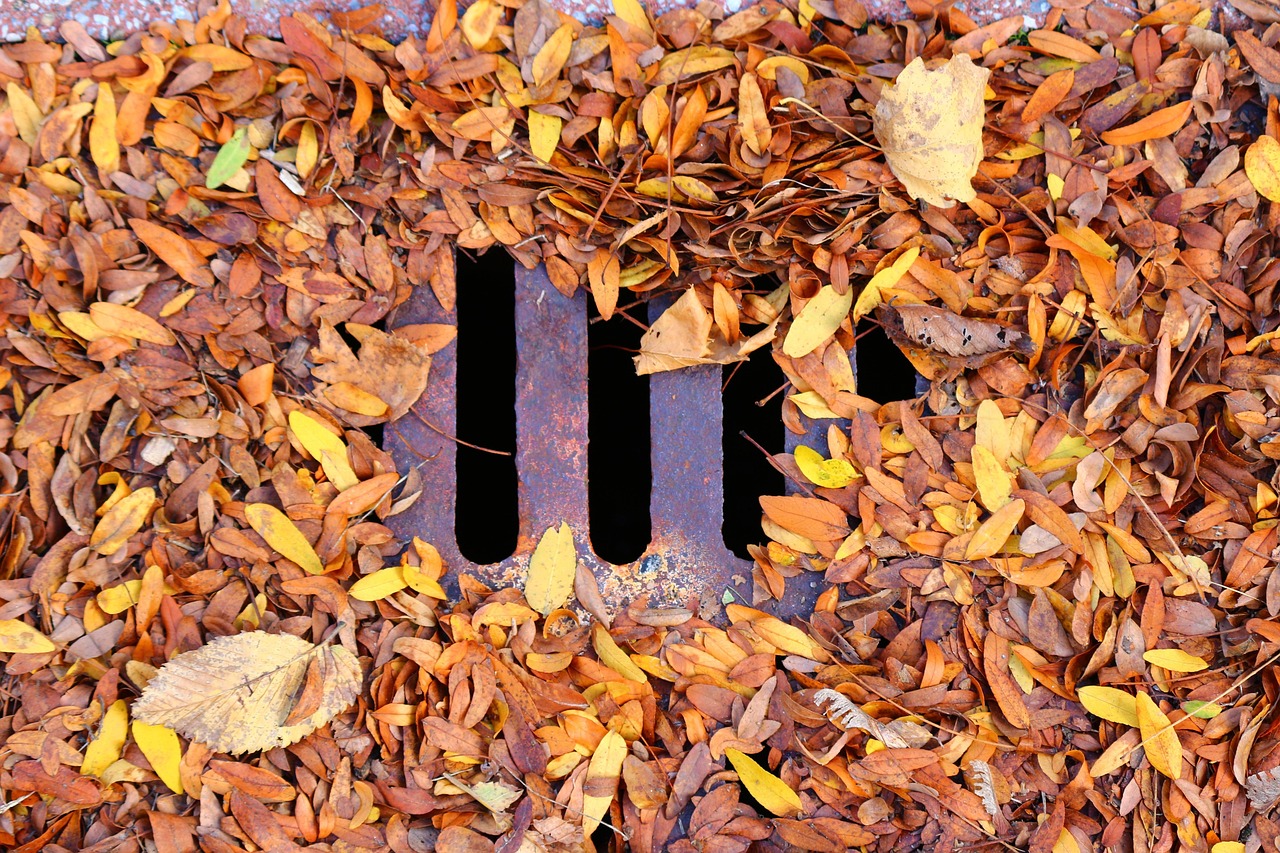
Blocked Outside Drain What You Need to Know
- Cheeko
- 0
- on May 31, 2025
Drains play a vital role in directing wastewater away from properties, ensuring that homes and gardens remain functional and hygienic. These systems are an essential part of home and garden maintenance, but when an outside drain becomes clogged, it can lead to more than just a minor inconvenience. Blocked drains can cause foul odors, water pooling, and, if left unaddressed, even serious structural damage to your property.
Outdoor drains can become blocked for various reasons, including a buildup of leaves, dirt, grease, or debris, as well as more serious issues like tree root intrusion or collapsed pipes. Understanding the cause of the blockage is key to finding an effective solution.
In this blog, we’ll explore the common causes of outdoor drain blockages in greater detail, provide practical steps and tools you can use to clear them, and offer preventative strategies to keep your drainage system clean and efficient for the long term. Taking proactive steps to maintain your drains can save you time, money, and hassle in the future.
Common Causes of Blocked Drains
Blocked outside drains can occur due to a variety of factors. Among the most frequent culprits are garden debris such as leaves, soil, and twigs, especially during autumn and winter. Over time, organic matter can collect in the drainpipe and create a blockage. Additionally, household waste, such as oil or fat discarded down drains, tends to solidify and build up over time. Foreign objects accidentally dropped into outdoor drains, including litter or small garden tools, can also present challenges.
Weather can exacerbate the issue. Heavy rains often push additional debris into the system, while freezes can cause trapped water to solidify, creating further complications. Recognising the potential causes is your first step towards resolving the issue and preventing recurrence.
DIY Methods for Clearing Blockages
If you’re dealing with a blocked drain, there are several hands-on approaches to resolve the issue. Start by inspecting the drain with a pair of rubber gloves. Often, minor blockages can be removed manually. Use a drain rod or similar tool to dislodge debris further down the pipeline; these are easily available from hardware stores and are simple to use. Using a hosepipe to blast water through the system may also help loosen stubborn obstructions.
For grease or fat build-up, pouring a mix of hot water and washing-up liquid into the drain can break down the fats. If that doesn’t suffice, consider using a commercial drain cleaner. Always follow manufacturer instructions when applying chemical solutions to avoid damaging the pipes.
While many blockages can be tackled using these methods, it’s crucial to prioritise safety. Wear protective gloves and wash thoroughly after handling wastewater. Keep in mind, however, that not all blockages are within reach or removable without specialist equipment.
When to Call a Professional Plumber
Some drainage problems are best resolved by a trained plumber. Signs that DIY efforts aren’t sufficient include persistent blockages, unusual gurgling noises, or foul smells that don’t subside, even after clearing debris. If water begins to back up significantly, or multiple drains around your property are affected, the issue may extend further into the drainage system, such as collapsed pipes or severe blockages.
Plumbers can deploy advanced tools like high-pressure jetting and CCTV cameras to assess and resolve problems efficiently, preventing further complications. Though hiring a plumber involves a cost, resolving the issue quickly can save money in the long term by avoiding damage to your property.
Keeping Your Outdoor Drain Clear
Blocked drains are both a nuisance and a hazard, but there are clear paths to resolving and preventing the problem effectively. By understanding the causes of these blockages and employing straightforward maintenance practices, homeowners can keep their drainage systems in excellent working order. However, for more severe situations, enlisting professional help ensures a comprehensive solution.
Don’t underestimate the value of a well-maintained drainage system. Proactive care can save significant time, effort, and expense down the line. Start by checking your drains today and consider implementing the preventative steps outlined above for an efficient, hassle-free system.